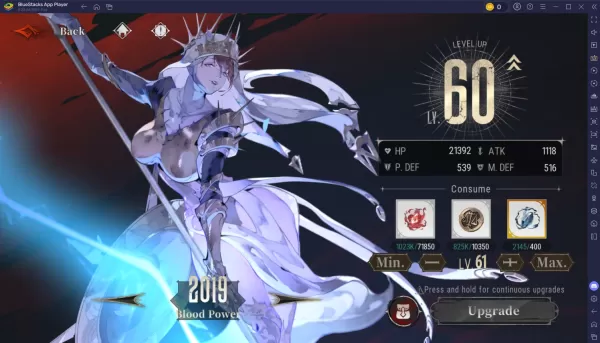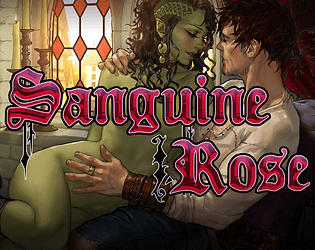Warner Bros. has made the difficult decision to cancel its anticipated Wonder Woman game and close three of its development studios: Monolith Productions, Player First Games, and WB San Diego. This news was first reported by Bloomberg's Jason Schreier on Bluesky, with a comprehensive follow-up article on Bloomberg. Warner Bros. later confirmed these closures to Kotaku, emphasizing a strategic pivot towards key franchises like Harry Potter, Mortal Kombat, DC, and Game of Thrones.
In a statement, Warner Bros. explained that the closure of these studios and the cancellation of the Wonder Woman game were part of a broader effort to refocus their resources on delivering high-quality games within their core franchises. The company acknowledged the talent and contributions of the affected teams but stated that these decisions were necessary to align with their strategic priorities and to drive the Games business towards profitability and growth in 2025 and beyond.
The Wonder Woman game, developed by Monolith Productions, was highly anticipated but faced challenges earlier this year, including a reboot and a change in directors. This decision comes amidst broader struggles within Warner Bros.' gaming division, including layoffs at Rocksteady and the underwhelming performance of Suicide Squad: Kill the Justice League, as well as the shutdown of MultiVersus.
Adding to the restructuring, David Haddad, the long-time head of Warner Bros. Games, recently announced his departure from the company, fueling rumors that the division might be sold off. This move is a significant setback for Warner Bros.' efforts to build a connected DC universe in gaming, especially after James Gunn and Peter Safran announced that the first DCU video game is still a couple of years away.
The closure of these studios marks a significant loss for the gaming industry. Monolith Productions, founded in 1994 and acquired by Warner Bros. in 2004, is renowned for the Middle-earth: Shadow of Mordor series, which introduced the innovative Nemesis system. Player First Games, established in 2019, developed MultiVersus, which, despite critical acclaim and initial success, did not meet Warner Bros.' expectations. WB San Diego, also established in 2019, focused on mobile and free-to-play games.
These closures reflect a continuing trend of layoffs, project cancellations, and studio shutdowns within the games industry. In 2023, over 10,000 game developers were laid off, with the number rising to over 14,000 in 2024. Although specific figures for 2025 are less clear, the impact of these closures on the industry remains significant.















